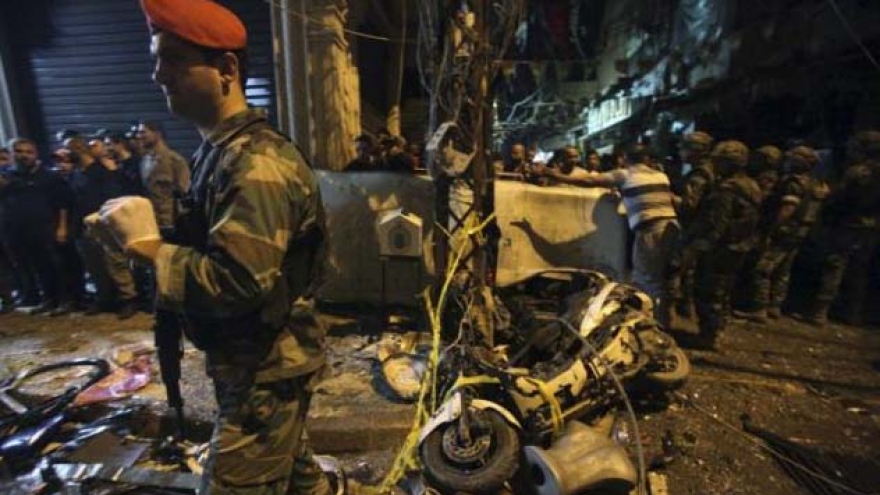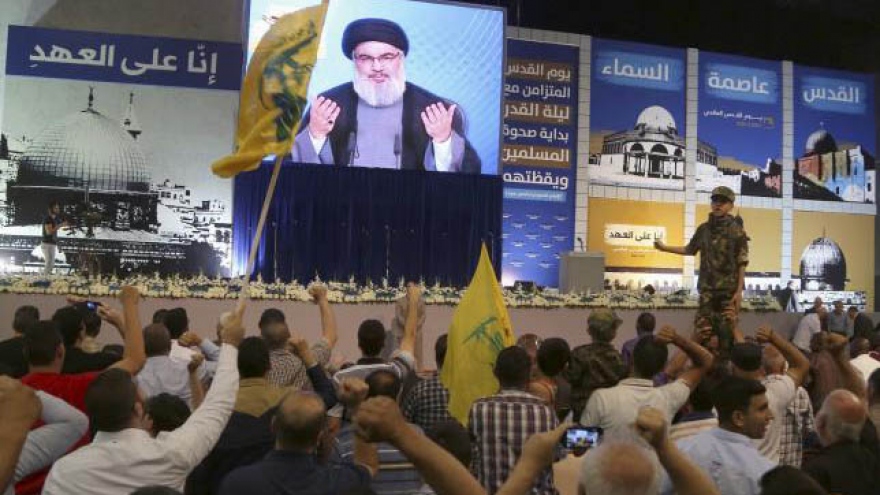Hezbollah suffers big blow as top commander killed
Top Hezbollah commander Mustafa Badreddine has been killed, the Lebanese group said on May 13, the biggest blow to the Iranian-backed organization since its military chief was killed in 2008.
 |
A Hezbollah statement did not say when, where or how he was killed, though it cited him saying he would return from Syria either victorious or as "a martyr".
The Lebanese TV station al-Mayadeen earlier reported Badreddine had been killed in an Israeli air strike in Syria.
There was no immediate confirmation from Israel which has struck Hezbollah targets inside Syria several times during the country’s five-year conflict.
A US Department of the Treasury statement detailing sanctions against Badreddine last year said he was assessed to be responsible for the group's military operations in Syria since 2011, and he had accompanied Hezbollah leader Sayyed Hassan Nasrallah during strategic coordination meetings with Assad in Damascus.
Badreddine, a brother-in-law of the late Hezbollah military commander, Imad Moughniyah, was indicted by the UN-backed Special Tribunal for Lebanon in the 2005 killing of statesman Rafik al-Hariri.
He was sentenced to death in Kuwait for his role in bomb attacks there in 1983. He escaped from prison in Kuwait after Iraq, under the leadership of Saddam Hussein, invaded the country in 1990.
For years, Badreddine masterminded military operations against Israel from Lebanon and overseas and managed to escape capture by Arab and Western governments by operating clandestinely.
The US Treasury statement also said he had led Hezbollah ground offensives in the Syrian town of al-Qusayr in February 2013, a critical battle in the war when Hezbollah fighters defeated Syrian rebels in an area near the Syrian-Lebanese border.
Around 1,200 Hezbollah fighters are estimated to have been killed in the Syrian conflict.
Hezbollah accuses Israel of carrying out the 2008 killing of Moughniyah, who was killed by a bomb in Damascus.



